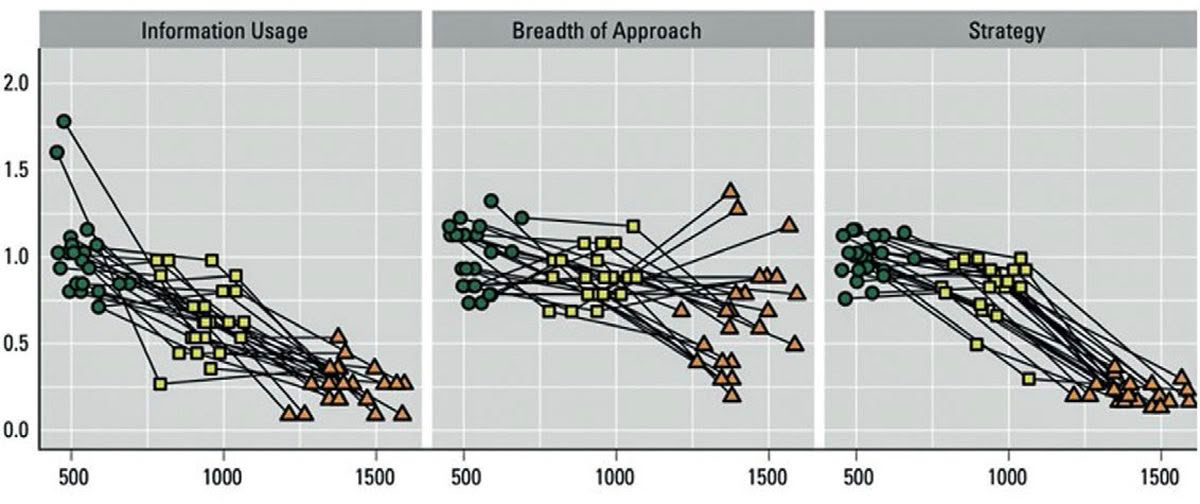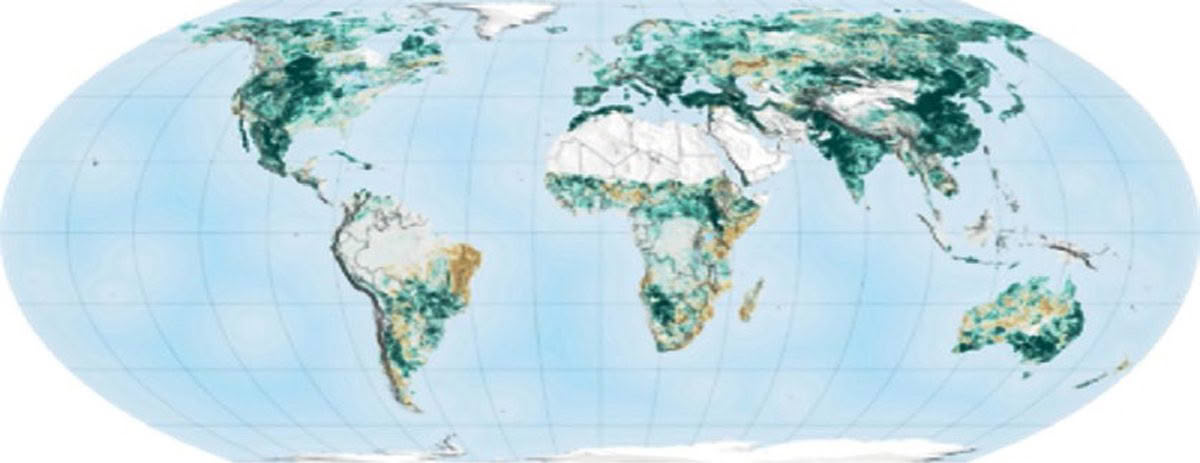Some quirky impacts of rising CO2 levels

Spend five minutes studying climate change and it’s clear it connects to everything. And some things are pretty left field.
Take CO2 and crops. It’s well-known that more carbon dioxide promotes more plant growth – that’s why market gardeners pump up CO2 to five times atmospheric levels in their greenhouses. (But maybe, just like ‘green hydrogen’ and ‘black hydrogen’, those ‘greenhouses’ that burn fossil fuels for their CO2 should really be called ‘blackhouses’!)
Anyway, the devil is in the detail, and it largely proves a case of quantity over quality. Googling ‘Increased CO2 and plant nutrition’ scores zillions of hits explaining that, while growth quantity goes up, nutritional value almost always goes down. So next time a climate denier pulls the old chestnut that we should welcome more CO2 because it’s good for plant growth, remind them of that (and for good measure, add that plants like water too, but that doesn’t mean they welcome a flood).

In another quirk of extra CO2, places getting hotter and drier are still sometimes getting greener. Celebrated journo Fred Pearce describes this “CO2 fertilisation” turning some Australian arid lands green and causing parts of Africa to grow hundreds more trees per hectare. But this, too, turns out to be a good news/bad news story, enough to make Berkely researcher Trevor Keenan highlight: “It’s not stopping climate change by any means, but it is helping us slow it down.”
As the world map shows, there’s a lot of ‘greening’ happening (although it’s not all due to CO2: also think warmer temperatures, different farming practices, more use of irrigation, etc).
Now let’s take a mental leap and think about thinking. In 2019, Harvard University researched the impact of CO2 levels on our cognition. To be clear, they were researching indoor air quality not global atmosphere, but it’s not a great jump to imagine something similar applying outdoors.
Measuring the impacts of different CO2 levels on nine different mental processes (like strategic thinking, information use and crisis response), they discovered a general and significant decline in cognitive ability (though a few cases spiked in the mid-range, or even bucked the trend).

The study looked at impacts of 500 parts per million of CO2 (acceptable in a current office), 1000ppm and 1500ppm. With current atmospheric levels about 420ppm and soaring 50 points in the past 20 years, our relentless ‘business as usual’ is propelling us into the zone the charts cover where our brainpower might be driven down by rising CO2 levels.
To put this in context, since we started furiously burning fossil fuels 200 years ago, CO2 levels in the air have leapt around 50%, from 280ppm to over 420ppm today, a climb that’s still accelerating.
And even now, that 50% hike is not only catastrophically overheating the planet and acidifying the oceans, but also skewing the way plants grow, and maybe even affecting how well we are thinking about all this.
It’s not hard to see why we need to change our ways radically.
Read more
Scoping Scope 3
0 Comments4 Minutes


